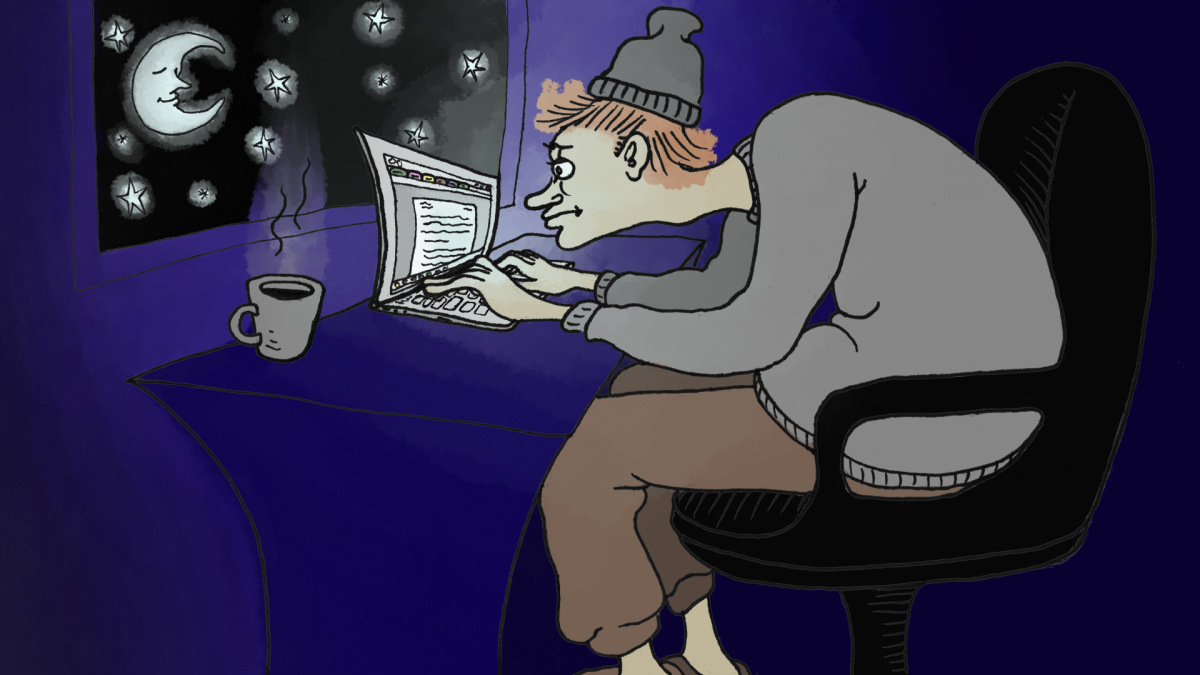April showers and May flowers are not so charming when they are a cue for spring allergies to hit. While spring is a relief from months of winter, others fall victim to the pollen that is ushered in along with the changing season. N.C. State’s campus and a few of its disgruntled inhabitants are a testament to the discomforts of allergies and seasonal pollen.
“It is often referred to as ‘seasonal allergies’ because plant species that most commonly cause allergic reactions shed pollen at certain times of year,” Joseph Neal, a professor of horticultural science, said.
As the last few days of winter come to a close and the weather grows milder, students’ immune systems kick in and those prone to these seasonal allergens suffer the hypersensitivities.
Students, such as Cara Silardi, a junior in psychology, find their routines and daily activities impeded by severe allergy symptoms. Silardi said she is compelled to take extra precautions, such as keeping up with daily pollen counts and staying indoors for the forepart of spring.
“Pretty much every year during the spring, I get sick due to allergies,” Silardi said. “[The symptoms are] annoying and frustrating because they make it hard to do average daily activities.”
Symptoms of reactions are typically characterized by a runny nose, nasal congestion, red, itchy eyes and an itchy or sore throat. Nasal inflammation may also occur, which can lead to sinus infections.
“I’ve had allergies my whole life, mostly to tree pollen,” Ken Farnaso, a junior in human biology, said. “My allergy symptoms are pretty typical – the whole red eyes, occasional tears, stuffy nose, scratchy throat and itchy eyes.”
The pollination of trees and plants on campus lead to the accumulation of bioaerosols, or airborne particles, that provoke vulnerable individuals to react. In those with allergies, the particles become antigens – entities that the immune system treats as a threat.
“The outdoor offenders can be present at different weeks of the year in different parts of the country,” Dr. Mary Bengtson, medical director of the Student Health Services, said. “In general, tree pollen is a common offender currently. This is typically followed by grasses, and later by weeds. There can be an overlap of timing of the offenders.”
The allergy dilemma on campus seems to agree with Bengtson’s statement. Tree pollen is undoubtedly the most common and prevalent source of irritation. Students even claim their allergy symptoms have worsened due to the types of plants the University hosts.
“It doesn’t help that the campus is full of trees. I remember last year during the spring semester when it hadn’t rained, the whole brickyard was literally green from pollen and you couldn’t even see the bricks. The landscapers had to use leaf blowers and water hoses to get rid of all that pollen,” Farnaso said.
Silardi and Farnaso are not the only students affected by the unyielding pollen. According to Student Health Services, around 550 students have visited a Student Health medical provider this spring semester with allergy symptoms. However, Bengtson predicts even more students are affected but treat their symptoms with over-the-counter medicines instead of visiting Student Health.
Allergic reactions are expected to continue until early autumn, when other plant species, such as ragweed, will flower. Meanwhile, susceptible individuals are advised to stay indoors when possible, close windows and doors and use air conditioners to filter the air. Pollen also tends to linger on skin, so showering before going to bed is also encouraged.
Also, antihistamine, an over-the-counter allergy medicine, is taken to reduce hay fever and other allergies. In some cases, antihistamine is combined with decongestants. For nasal symptoms, prescription intranasal steroids may be useful. Prescription medication and allergy shots are all available to be utilized at the University’s Student Health Center.
With tree pollen as the predominant cause of allergy symptoms and ragweed growth just around the corner, vulnerable individuals inflicted with pollen-induced misery may find medication to be their best source of alleviation.
“I happen to be allergic to oak and grass pollen, so at this time of year I must not forget to take my allergy medicine in the morning or I will be miserable all day,” Neal said. “After all, we do live in the ‘City of Oaks.'”




